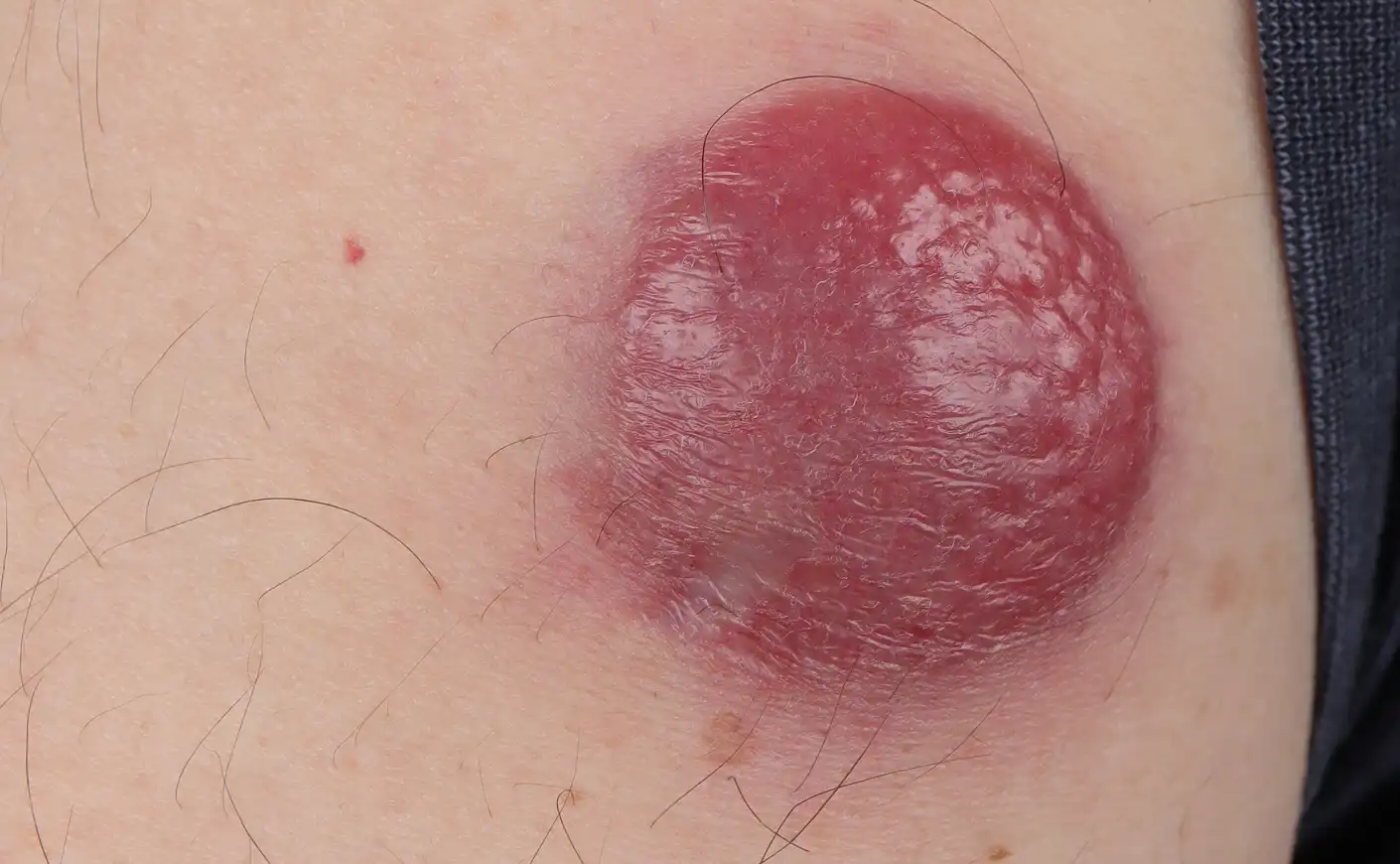Singer-songwriter Jimmy Buffett, who passed away on September 1, was diagnosed with Merkel cell carcinoma, a rare form of skin cancer affecting fewer than 3,000 people annually in the United States.
According to the US Center for Disease Control and Prevention, skin cancer is the most prevalent type of cancer in the country, yet Buffett’s case has likely brought Merkel cell carcinoma into public awareness for the first time.
Named after German scientist Friedrich Merkel, who identified these cells in 1875, Merkel cells are believed to be a type of neuroendocrine cell located at the base of the skin’s outer layer, the epidermis, near nerve endings responsible for light touch sensation.
Merkel cell carcinoma occurs when these cells undergo uncontrolled growth. Although the exact cause is not fully understood, scientists suspect factors such as exposure to UV light, a compromised immune system due to age or illness, and infection with Merkel cell polyomavirus (MCV), detected in nearly all cases of this cancer.
Most individuals acquire MCV during childhood without experiencing symptoms; the virus was identified in 2008. Typically, Merkel cell carcinoma manifests on areas frequently exposed to sunlight, such as the face, neck, or arms, and occasionally in less common locations like inside the nose or esophagus.
Unlike melanoma, which appears as a dark spot, Merkel cell carcinoma often presents as a raised red or purple lump resembling a pimple, which may be mistaken for a cyst, though typically not painful.
Buffett, aged 76, battled the cancer for four years, as reported on his official website.
When detected early, Merkel cell carcinoma boasts a favorable five-year survival rate of approximately 75%, according to the American Cancer Society.
However, if the cancer spreads beyond the skin, this rate diminishes to 24%. Despite its rarity, it ranks as the second leading cause of skin cancer deaths after melanoma, noted by the National Cancer Institute.
Its rapid growth, tendency to metastasize, and frequent recurrence within a few years post-treatment contribute to its potentially lethal nature.
Men are twice as likely as women to develop this cancer, and about 90% of patients are White, with approximately 80% aged 70 and older. Risk factors may correlate with cumulative sun exposure over a lifetime, as per the American Cancer Society.

Due to limited research stemming from its rarity, effective treatment strategies for Merkel cell carcinoma remain challenging to ascertain.
The American Cancer Society advises individuals diagnosed with this cancer at any stage to consider participating in clinical trials for access to cutting-edge therapies.
For early-stage cases, doctors typically conduct a biopsy of the suspicious area, followed by surgical removal of the tumor and surrounding tissues.
Additional testing of nearby sentinel lymph nodes may be performed to determine cancer spread. Treatment approaches may also include chemotherapy, radiation, and immunotherapy aimed at enhancing the body’s ability to eradicate cancer cells.
Preventing Merkel cell carcinoma is not straightforward, given its association with MCV. However, proactive measures can reduce risk. Regular skin self-examinations and medical check-ups are crucial for early detection. The American Academy of Dermatology offers free annual skin cancer screenings nationwide.
Promoting immune system health through adequate sleep, moderate alcohol consumption, tobacco avoidance, weight management, nutritious diet, and regular exercise is advocated by the CDC as a preventative measure against cancer.
Protecting oneself from harmful UV rays is paramount; the American Cancer Society advises against tanning beds, encourages seeking shade outdoors, and recommends wearing protective clothing, hats, sunglasses, and sunscreen.
Even on cloudy or chilly days, applying sunscreen to exposed skin, preferably with an SPF of 30 or higher and water-resistant formulation, is essential.
The Environmental Working Group recommends lotion sunscreens over sticks, applying approximately one ounce (enough to fill a shot glass) every two hours while outdoors.
Despite the challenges posed by Merkel cell carcinoma, ongoing research endeavors seek to deepen understanding and refine treatment approaches for this uncommon but potentially deadly skin cancer.
